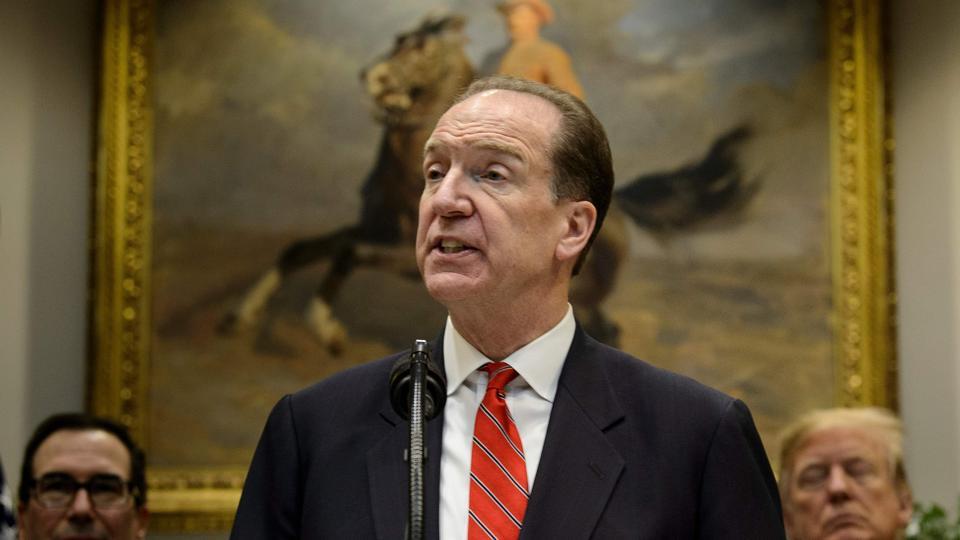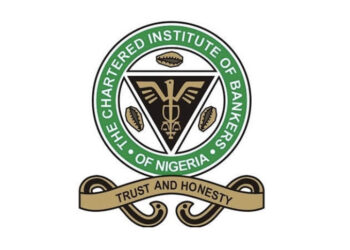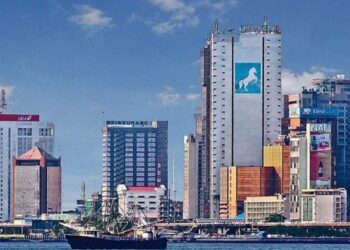The World Bank disclosed in its latest World Bank Nigeria Development Update that Nigerian banks are now faced with serious risks of destabilisation, no thanks to what was aptly described as “the COVID-19 shock”.
Information contained in page 21 of the 88-paged report noted that the pandemic could erode the generally positive performance recorded by the banks in 2019. As a matter of fact, there is a high possibility that the relative stability witnessed in the sector could be eroded.
In specific terms, there is the risk of a resurgence in banks’ non-performing loans (NPLs), especially as it pertains to loan exposure to the country’s and gas sector.
There is also the risk that Nigerian banks may become confronted with a problem of capital erosion. Part of the report said:
“The COVID-19 shock poses serious risks to the financial sector, as mounting pressures in Nigeria’s external sector and the intensifying stress in global financial markets threaten its stability. The economic downturn and the collapse of global oil prices will likely reverse the declining trend in banking sector NPLs, starting with loans to the oil sector, which represent almost 30 percent of private-sector credit, and progressing through the remaining sectors as demand weakens. On-balance-sheet dollar-denominated exposures, which represented 38 percent of banks’ loan portfolio and 55 percent of their liabilities at end-2019, will also be a source of strain. The credit to private sector has severely declined in April 2020 as effects of the lockdown and constrained economic activity as it sharply dropped by 65.7 percent in April 2020 (Figure 1.19).”
READ MORE: CBN discloses how much has been disbursed from N50 billion COVID-19 intervention fund
The report then explained how the pandemic has mounted pressure on Nigeria’s external reserves, a situation that is further complicated by the current stress in the global financial markets.
The situation could get even more complicated for the Nigerian economy and its financial services sector. And the extent of the envisaged damage will depend on two factors:
- How quickly the pandemic can be brought under control.
- Whether global oil prices will remain stable.
READ MORE: FSD Africa invests $3.2 million in two African fintech firms operating in Nigeria
According to the World Bank, if the pandemic can be contained sooner, then the Nigerian economy might just contract by 3.2% this year. Afterwards, the country would embark on a slow recovery phase. However, if the pandemic does not ease off anytime soon, the Nigerian economy might as well shrink by 7.4%, with the recession extended into next year.
In the meantime, the reality is already harsh for some of the banks. As Nairametrics reported earlier today, about 17 banks have approached the Central Bank of Nigeria (CBN) seeking to restructure their loan books amid the pandemic and its economic fallouts.
Download the Nairametrics News App
On its part, the CBN has taken steps to unify it’s key exchange rates, whilst giving out stimulus packages in the form of loans to farmers and SMEs. However, the World Bank report emphasised that more needs to be done.
You may download the report “Nigeria in Times of COVID-19: Laying Foundations for a Strong Recovery” by clicking here.

















.gif)







I just believe that all these world leaders and international organisations are trying to cause panic in the minds of foreign investors that have Nigeria as a viable economy to invest into.
Should I remind readers that it is the same manner we were told that Nigeria death rate would sky rocket when hit his the corona virus,status check we are not dying as fast as anticipated or predicted.This panic should end,NIGERIA will definitely come out stronger from this downturn if and,if only the government and other leaders channel adequate resources to what will keep the economy afloat,and destroy corruption,because it is corruption that would make these panic predictions come to reality.